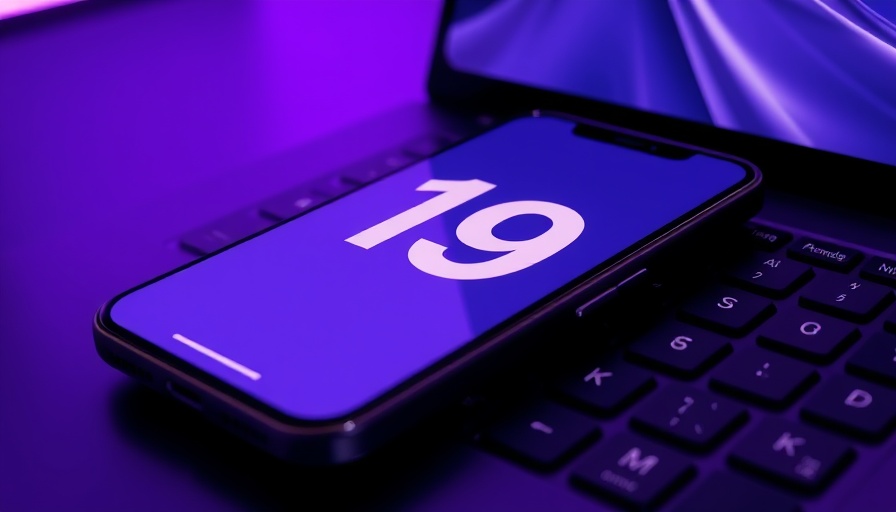
Understanding Your Civic Duty and How to Navigate It
Receiving a jury summons can stir a whirlwind of emotions, especially for those of us managing busy schedules or unconventional work environments like digital nomadism. While serving on a jury is an essential civic duty, it's natural to feel hesitant about facing this commitment, particularly when your productive lifestyle hangs in the balance. This guide offers practical and legitimate ways to handle jury duty summonses not just by sharing some common excuses, but by putting context behind these decisions.
Common Constraints: Recognizing Valid Excuses
Most importantly, if you truly can't serve, it’s crucial to approach the situation with transparency. For many, the responsibilities of running a remote business or prepping for client calls can be overwhelming when faced with jury duty obligations. Valid reasons to be excused from jury selection include:
Economic Hardship: If your work and income could be significantly impacted by serving on a jury, this can justify your request. Documenting your financial status, showing how your absence could strain your business or family, is vital.
Medical Hardship: Certain health conditions can prevent individuals from serving effectively on a jury. Medical documentation should detail any physical or mental limitations that affect your ability to participate or remain impartial.
Caregiving Responsibilities: Individuals responsible for caring for dependents may cite this as a conflict. Courts often consider the well-being of others in these cases.
Crafting Your Response: The Dos & Don'ts
Writing a request to be excused from jury duty requires clear communication, and honesty is paramount. Here are some helpful tips:
Be Honest: Whatever your reason, be truthful about it. Courts have the right to verify the claims you make.
Provide Documentation: Whether it's a letter from your employer detailing how your absence would impact revenue or a medical letter validating your health claims, backing your argument with proof will bolster your request.
Avoid Antics: While it might be tempting to make jokes or wear creative clothing to court to make a statement, this won't help your cause. Stick to logical arguments.
Empathy & Understanding: The Importance of Serving
Believe it or not, many people actually look forward to serving on a jury. The experience can offer a refreshing perspective on the justice system, bolstering civic engagement. For digital nomads, whose primary concern often revolves around productivity, it’s easy to forget the real-life implications that occur in courtrooms. While obtaining an exemption may feel like a personal victory, embracing the full scope of your civic duty holds value not just for you, but for your community.
Preparing for Potential Service: A Remote Work Approach
If you do find yourself selected, consider these few strategies to ensure your remote tasks remain manageable:
Set Up Remote Work Tools: Ensure your digital workspace is ready for quick shifts between court and work. Invest in appropriate software and hardware to remain productive during breaks.
Communication is Key: Notify your clients or collaborators about potential jury duty. Transparency about possible delays creates understanding on all sides.
Jury Duty: A Blend of Responsibility and Opportunity
Ultimately, the solution to managing jury duty summons accurately reflects our unique lifestyles. Whether you decide to pursue a legitimate excuse or face the experience head-on, finding balance is critical. It’s about maintaining productivity while also engaging in essential civic activities that strengthen our society. Instead of merely viewing jury duty as an inconvenience, think of it as a chance to contribute meaningfully to your community and potentially gain new insights.
 Add Row
Add Row  Add
Add 




Write A Comment